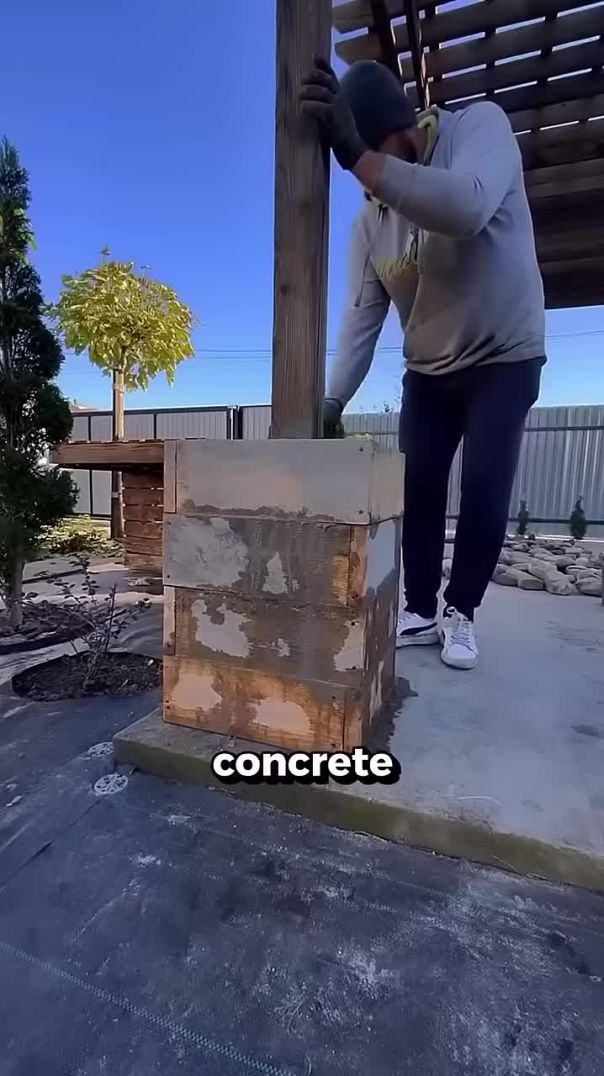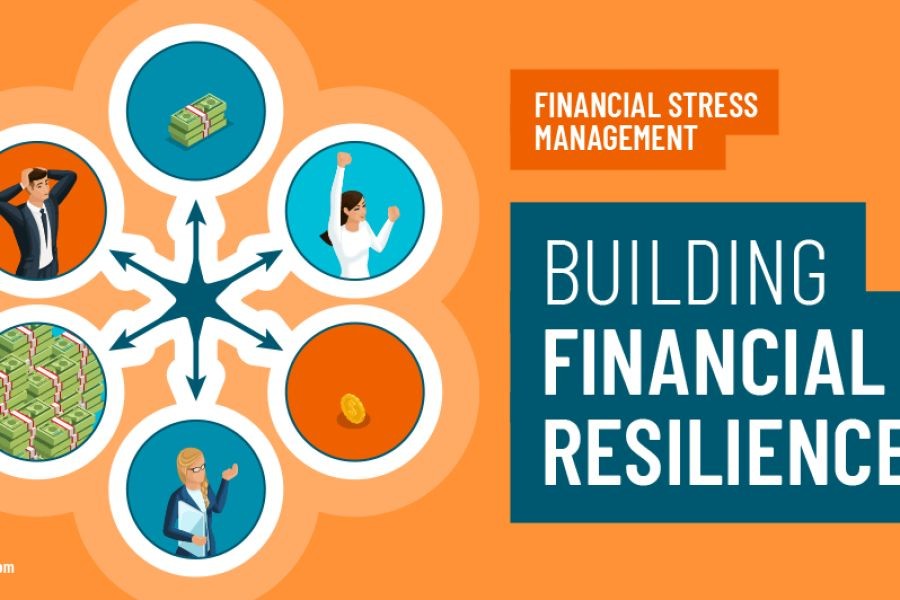Renovating your home is a significant investment, and it's essential to be aware of the common tactics renovation companies might use to charge you more. In New Zealand, where the housing market is both dynamic and competitive, understanding these strategies can empower homeowners to make informed decisions. This article aims to uncover the secret tricks of the renovation trade, offering insights and solutions to ensure that your renovation project stays within budget while delivering the desired results.
How It Works: The Renovation Process in New Zealand
In New Zealand, the renovation process is influenced by various factors, including local building codes, material availability, and labor costs. The Ministry of Business, Innovation and Employment (MBIE) reports that residential building costs have risen by 20% over the past five years, primarily due to increased demand and supply chain disruptions. This environment creates opportunities for some renovation companies to employ tactics that inflate costs.
Understanding the Bidding Process
One common tactic is the underbidding strategy. Renovation companies may provide an initial low estimate to secure the project, only to introduce additional costs once the work has commenced. This approach can be particularly effective in New Zealand, where homeowners are eager to capitalize on their property investments amid rising property values. According to Stats NZ, property prices in Auckland and Wellington have surged by 27% and 20%, respectively, since 2020, increasing the urgency for timely renovations.
Material Markup and Substitution
Another trick involves material markup and substitution. Some companies might quote high-quality materials in their proposal but switch to cheaper alternatives during the renovation. This tactic not only compromises the quality of the renovation but also allows companies to pocket the price difference. Homeowners should remain vigilant and demand transparency in material selection and pricing.
Case Study: The Auckland Homeowner's Experience
Consider the case of Sarah, an Auckland homeowner who embarked on a kitchen renovation. Initially quoted $50,000, Sarah's final bill exceeded $70,000 due to unforeseen "structural issues" and material substitutions. Upon investigation, it turned out that the structural issues were exaggerated, and the materials used were of lower quality than promised.
Problem: Sarah faced unexpected costs and quality issues in her renovation project.
Action: She sought a second opinion from an independent inspector who identified the discrepancies.
Result: Armed with this information, Sarah negotiated a partial refund from the renovation company.
Takeaway: Always verify claims of structural issues and inspect materials before they're used.
Pros & Cons of Hiring Renovation Companies
✅ Pros:
- Expertise and Experience: Professional renovation companies bring valuable expertise to the table, ensuring that projects meet safety and quality standards.
- Time Efficiency: Hiring professionals can expedite the renovation process, reducing the time your home is under construction.
- Access to Resources: Companies often have established relationships with suppliers, potentially securing better prices for materials.
❌ Cons:
- Cost Overruns: Unexpected expenses can arise, making it challenging to stick to a budget.
- Lack of Transparency: Some companies may not disclose all costs upfront, leading to unpleasant financial surprises.
- Quality Control Issues: Without proper oversight, there's a risk of compromised materials or workmanship.
Common Myths & Mistakes
Myth vs. Reality
Myth: "All renovation companies offer fixed-price contracts."
Reality: Many contracts include clauses that allow for price adjustments due to unforeseen circumstances, so it's crucial to read the fine print.
Myth: "Higher initial bids mean better quality."
Reality: A higher bid does not guarantee superior workmanship or materials; due diligence is essential to assess the company's reputation.
Biggest Mistakes to Avoid
- Skipping Research: A study by the New Zealand Consumer Institute found that 75% of homeowners who didn't research their renovation company experienced cost overruns.
- Overlooking Contract Details: Ensure all aspects of the project are documented in the contract to avoid disputes.
- Ignoring Quality Assurance: Regularly inspect the work to ensure it meets your expectations and the project's specifications.
Future Trends & Predictions
As sustainability becomes a more prominent consideration in New Zealand's construction industry, homeowners can expect renovation companies to increasingly offer eco-friendly options. The government aims to reduce carbon emissions by 30% by 2030, which could lead to incentives for green renovations. Homeowners should stay informed about these developments to capitalize on potential savings.
Conclusion: Final Takeaway & Call to Action
Renovating your home in New Zealand involves navigating complex processes and potential pitfalls. By understanding the tricks some renovation companies may use and implementing strategies to mitigate these risks, homeowners can ensure their projects are completed successfully and within budget.
Ready to embark on your renovation journey? Start by researching reputable companies and demanding transparency in every aspect of your project. Share your renovation experiences and insights in the comments below!
People Also Ask (FAQ)
How do renovation companies charge more? Renovation companies may charge more through tactics like underbidding, material substitution, and change orders, increasing costs as the project progresses.
What are the biggest misconceptions about renovation costs? A common misconception is that a higher initial bid guarantees better quality. However, research shows that a higher bid does not always equate to superior workmanship or materials.
Related Search Queries
- How to choose a renovation company in New Zealand
- Common renovation scams and how to avoid them
- Eco-friendly renovation options in NZ
- Understanding renovation contracts
- Cost-effective home renovation tips

































Recep Onder
3 months ago